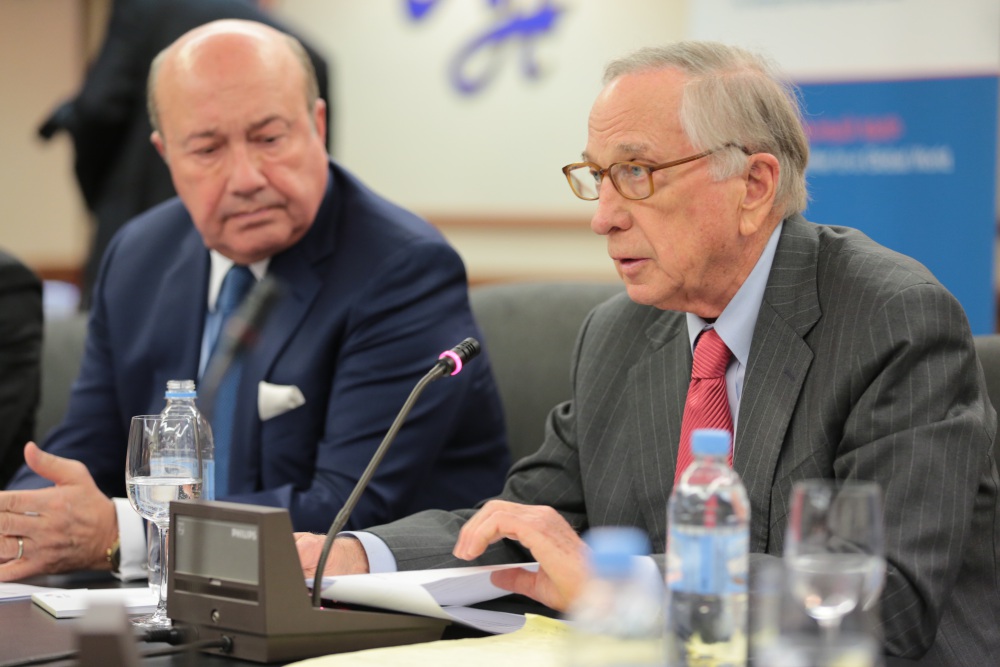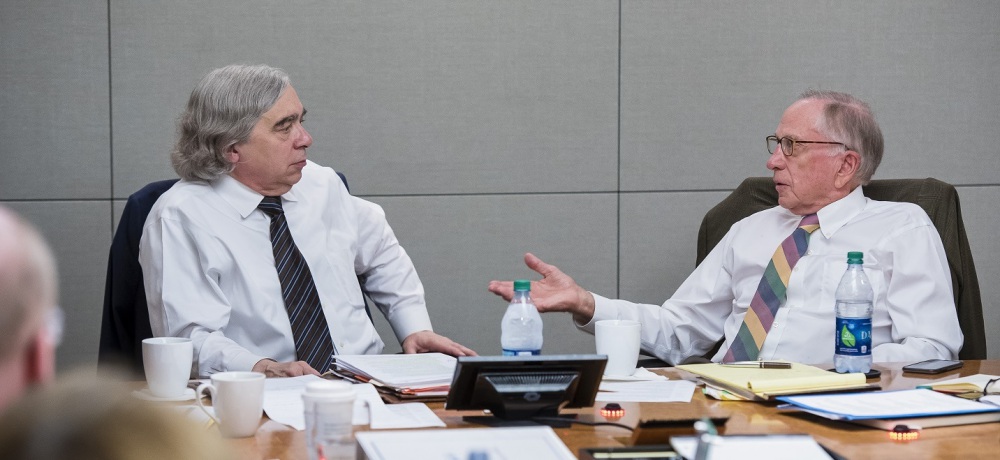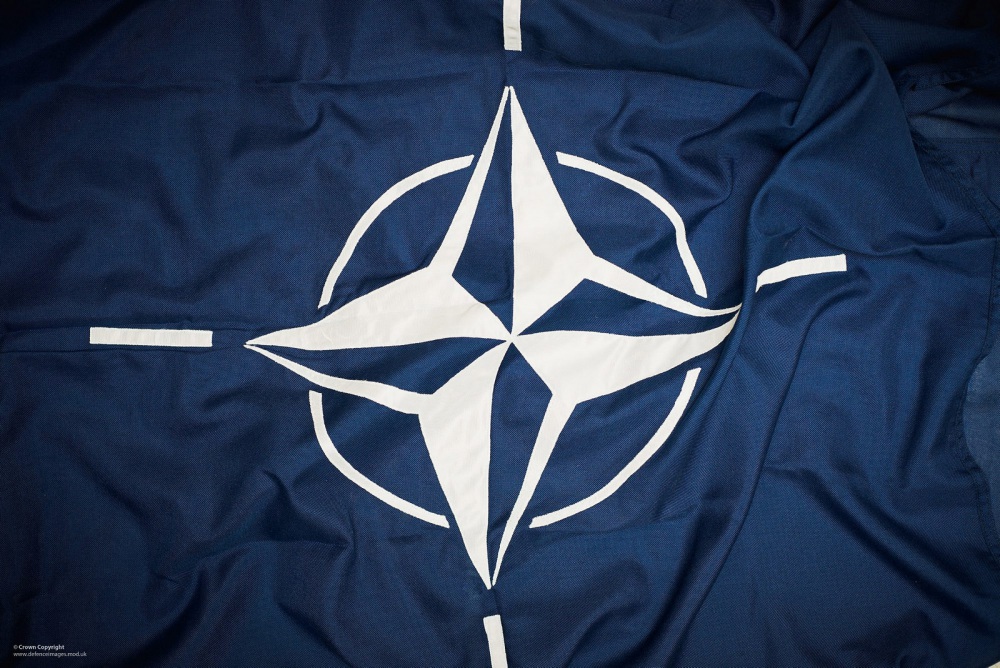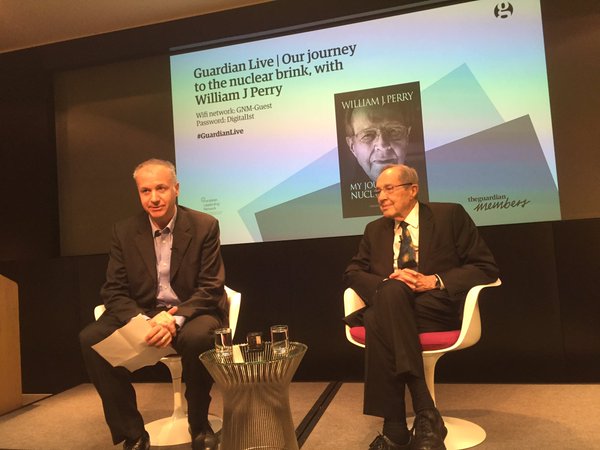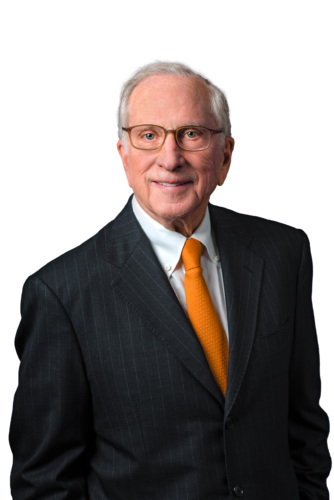
Sam Nunn
Co-Founder and Co-Chair, NTI
Sam Nunn, co-chairman and chief executive officer of the Nuclear Threat Initiative (NTI), was in Moscow on February 24-27 to participate in a high-level dialogue on nuclear cooperation between the United States and Russia, co-sponsored by NTI and the Russian Center for Energy and Security Studies (CENESS).
The NTI-CENESS Dialogue included participation by Russian Deputy Foreign Minister Sergei Ryabkov, U.S. Ambassador to Russia John Tefft, Rosatom Deputy CEO Ambassador Nikolay Spasskiy, NTI President Emeritus and former Deputy Secretary of Energy Charles Curtis, Centrus Energy CEO and Former Deputy Secretary of Energy Daniel Poneman, Director Emeritus of Los Alamos National Laboratory Siegfried Hecker, and other leading nuclear experts from the United States and Russia.
At a time of strained relations between the world’s two largest nuclear powers, maintaining channels of communication between nuclear experts has taken on increased significance. The NTI-CENESS Dialogue focused on identifying opportunities in the area of nuclear cooperation that the U.S. and Russian governments could consider when political relations improve. A report summarizing the conclusions of the Dialogue will be published in the summer of 2016.
In addition to participating in the NTI-CENESS Dialogue, Senator Nunn met with Russian Foreign Minister Sergei Lavrov and Rosatom Deputy CEO Ambassador Nikolay Spasskiy to discuss the future of U.S.-Russia nuclear cooperation. He also participated in events organized by the Carnegie Moscow Center and the Russian International Affairs Council, and spoke about the need to revive U.S.-Russian cooperation in an interview on Radio Echo Moskvy, a leading media outlet in Russia.
Sign up for our newsletter to get the latest on nuclear and biological threats.
NTI Board Co-Chairs Secretary Ernest J. Moniz and Sen. Samm Nunn Publish Article on the Nuclear Arms Race in Foreign Affairs
Senior NTI leaders call for NATO to demonstrate a willingness to engage Russia on both differences and areas of potential cooperation and seek to reduce tensions in a region that remains central to global security.
Perry addressed the future of nuclear weapons in the United States and his concerns about current modernization plans.
